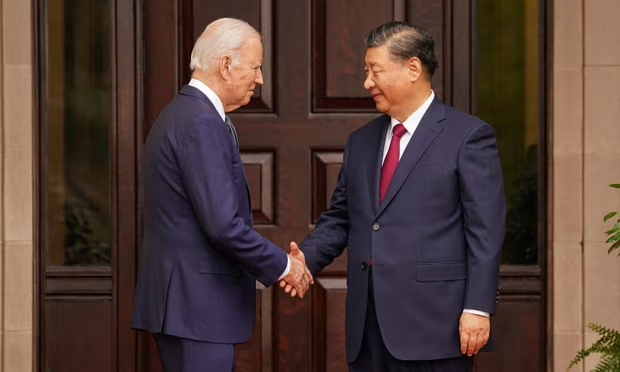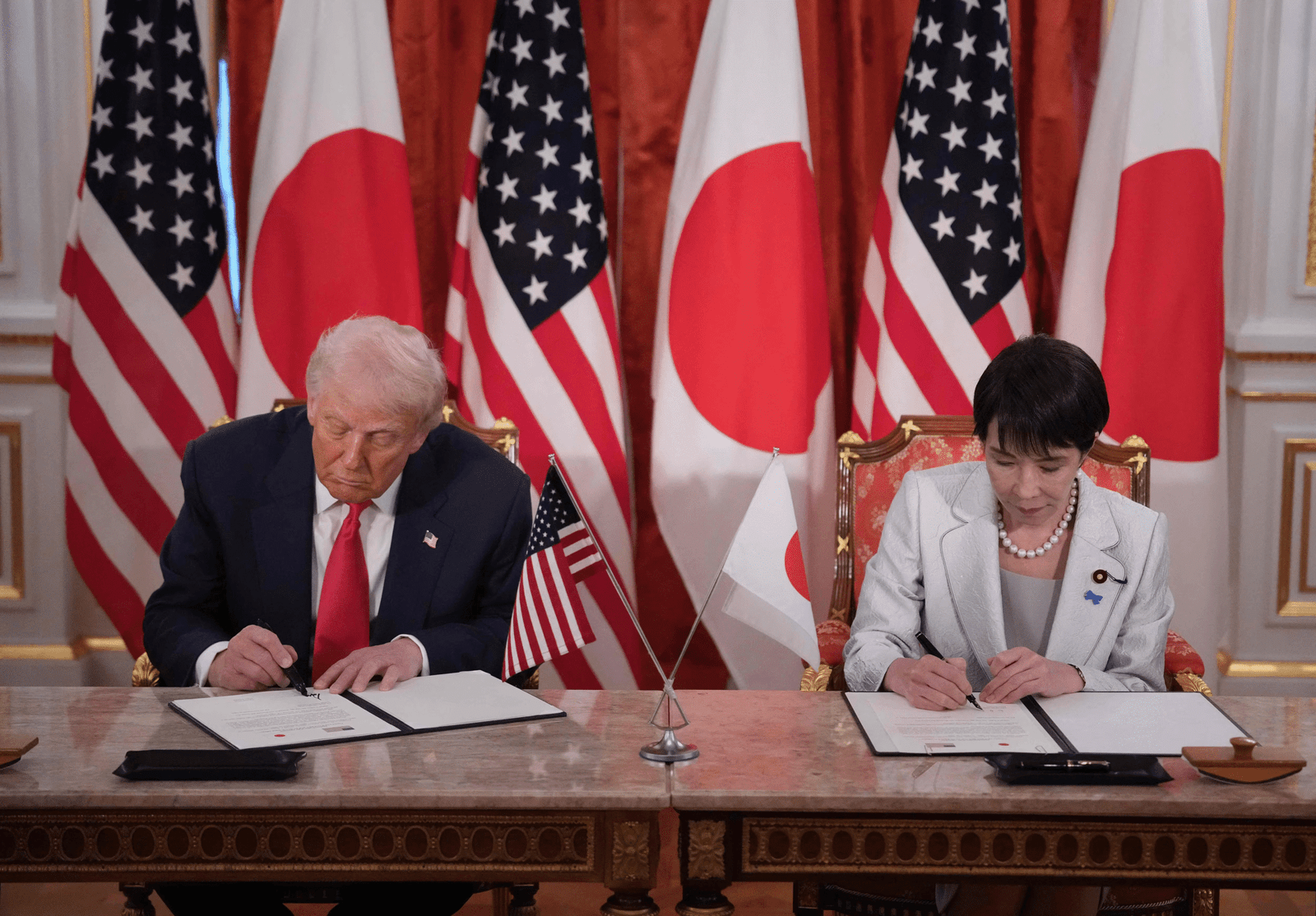In a demonstration of China’s continued significance to U.S. foreign policy, President Joe Biden convened a top-level meeting centered on U.S.-China relations. This high-profile discussion underscores Biden’s recognition of China’s pivotal role in global affairs and his administration’s strategic approach to managing one of the most critical international relationships of our time.
Strategic Dialogue Reflects U.S. Priorities
The meeting brought together senior officials from the Biden administration to discuss various aspects of the U.S.-China relationship. Despite ongoing challenges, including trade disputes, military tensions, and human rights concerns, the Biden administration is committed to maintaining a dialogue with China. This reflects a broader strategy of balancing competition with cooperation, ensuring that U.S. interests are protected while also addressing global issues that require collaboration with Beijing.
President Biden has made it clear that China is a priority in his foreign policy agenda. His administration’s approach is characterized by a pragmatic recognition of the complexities involved in dealing with a rising power like China. The meeting highlights the U.S.’s efforts to engage with China on multiple fronts, from economic relations to security concerns, in a bid to manage this critical relationship effectively.
The Xi Jinping Factor in U.S. Foreign Policy
Chinese President Xi Jinping remains at the center of U.S. strategic considerations. Under Xi’s leadership, China has pursued an assertive foreign policy, challenging U.S. interests in various regions and sectors. The Biden administration is keenly aware of Xi’s influence and is taking steps to engage with China in a manner that recognizes his central role.
Biden’s focus on China and Xi Jinping is not just about managing competition but also about seeking areas of potential collaboration. The meeting reflects an understanding that, despite the differences, there are mutual interests that both nations can work towards. However, the U.S. remains vigilant in its approach, preparing for the challenges that come with China’s global ambitions.
Balancing Competition and Cooperation
The U.S.-China relationship is marked by a delicate balance between competition and cooperation. While there are significant areas of contention, such as trade practices and technological rivalry, there are also crucial areas where collaboration is necessary, including climate change and global health security. The Biden administration’s strategy is to engage with China in a way that addresses these dual dynamics.
The recent meeting is a clear indication that the U.S. is committed to a nuanced approach—asserting its interests while also recognizing the need for cooperation where possible. This strategy is aimed at managing the complexities of the U.S.-China relationship in a way that benefits both nations and the broader international community.
Global Impact of U.S.-China Relations
The high-level meeting between U.S. officials highlights the global significance of U.S.-China relations. As the two largest economies and military powers, the interactions between the U.S. and China have profound implications for global stability and prosperity. The Biden administration’s focus on China signals a recognition of this reality and a commitment to navigating this critical relationship with care and strategic foresight.











